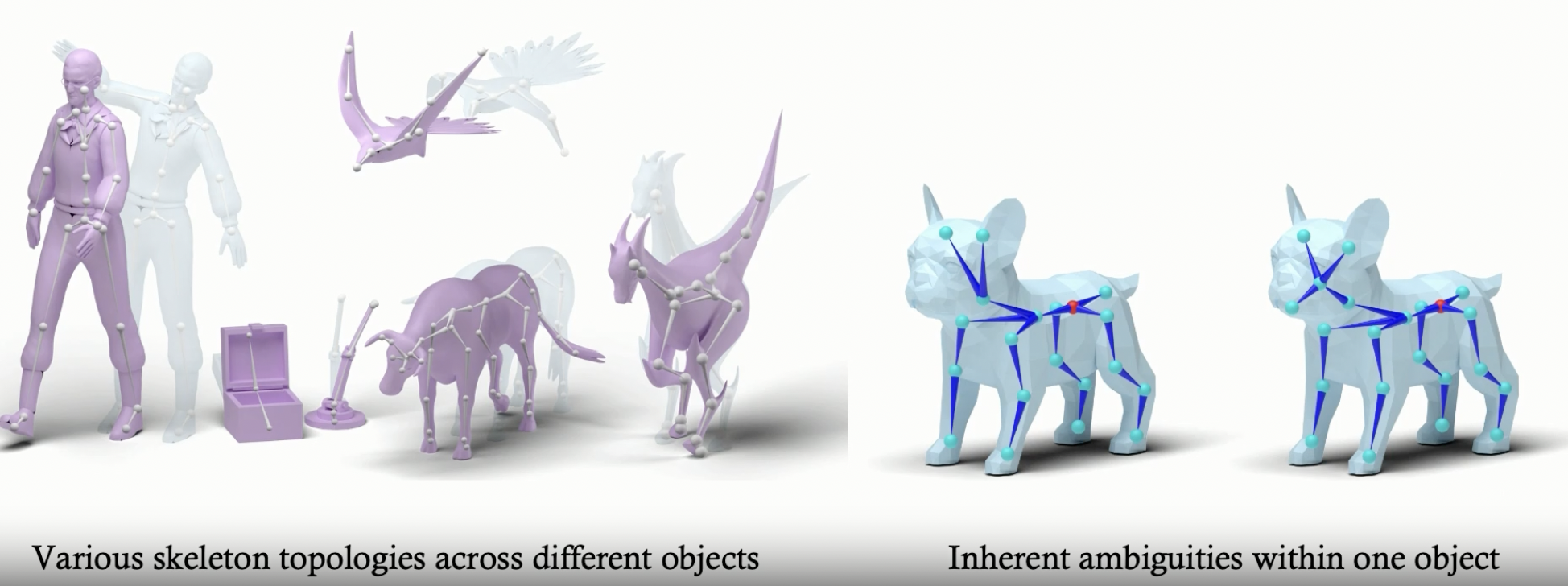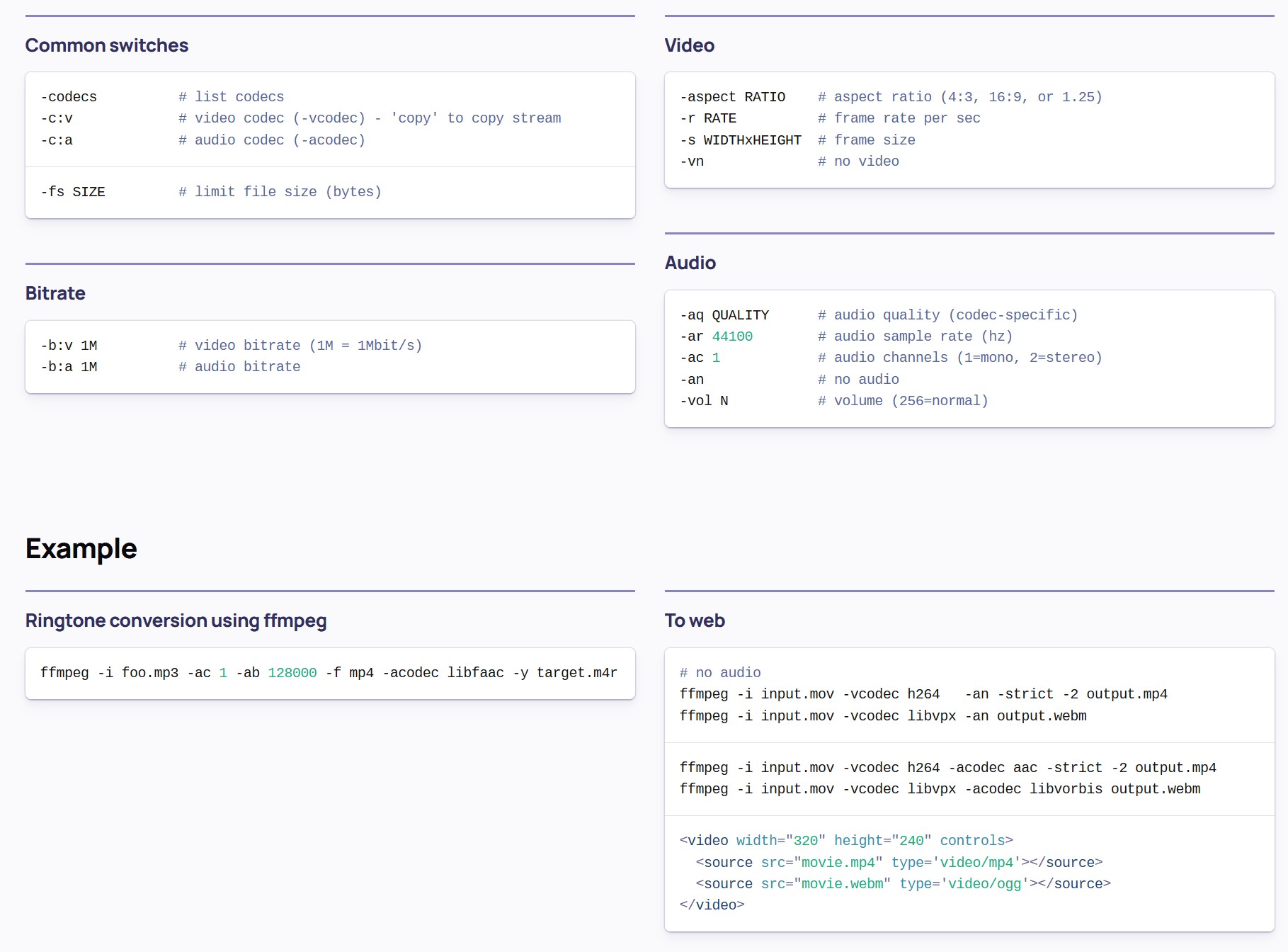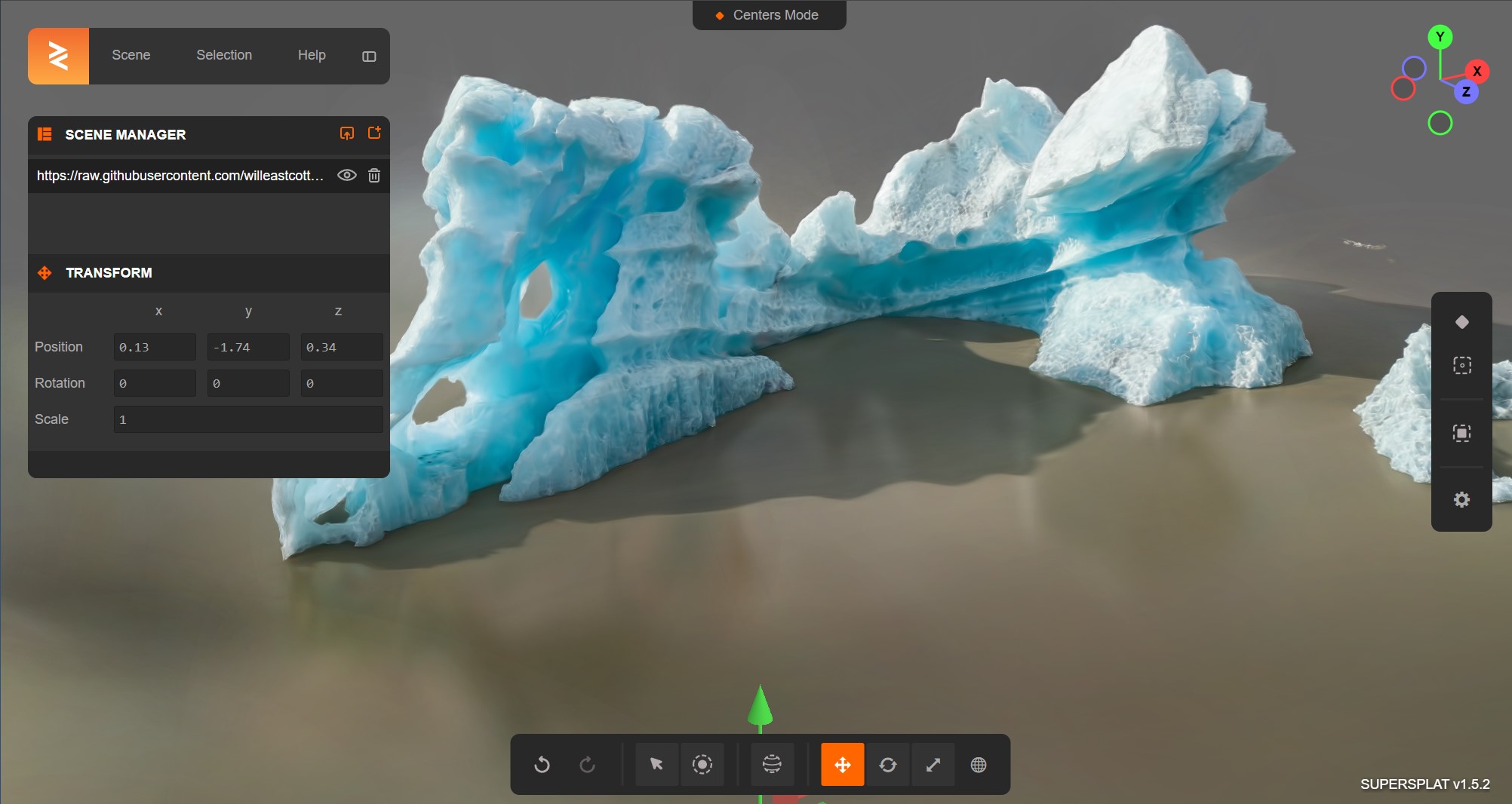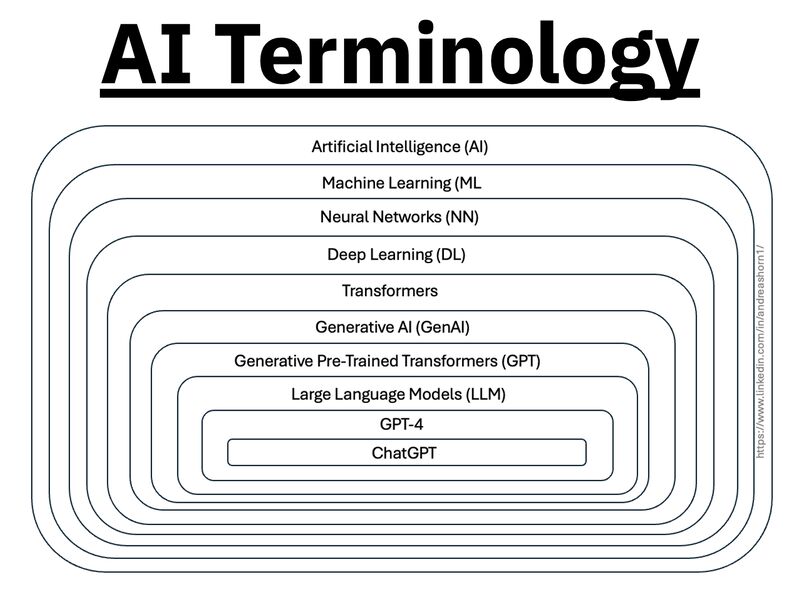BREAKING NEWS
LATEST POSTS
-
Q2 2024 Global Production Report
https://prodpro.com/blog/q2-2024-global-production-report/
What’s important: Over the past 6 months, the total number of productions filming globally in 2024 is still 16% lower than in 2022, and 37% lower in the US.
Why it matters: The lower volumes are here to stay.
-
Supersplat – Online open source Gaussian Splats ply viewer
FEATURED POSTS
-
RigAnything – Template-Free Autoregressive Rigging for Diverse 3D Assets
https://www.liuisabella.com/RigAnything
RigAnything was developed through a collaboration between UC San Diego, Adobe Research, and Hillbot Inc. It addresses one of 3D animation’s most persistent challenges: automatic rigging.
- Template-Free Autoregressive Rigging. A transformer-based model that sequentially generates skeletons without predefined templates, enabling automatic rigging across diverse 3D assets through probabilistic joint prediction and skinning weight assignment.
- Support Arbitrary Input Pose. Generates high-quality skeletons for shapes in any pose through online joint pose augmentation during training, eliminating the common rest-pose requirement of existing methods and enabling broader real-world applications.
- Fast Rigging Speed. Achieves 20x faster performance than existing template-based methods, completing rigging in under 2 seconds per shape.

-
FFmpeg – examples and convenience lines

# extract one frame at the end of a video
ffmpeg -sseof -0.1 -i intro_1.mp4 -frames:v 1 -q:v 1 intro_end.jpg
-sseof -0.1: This option tells FFmpeg to seek to 0.1 seconds before the end of the file. This approach is often more reliable for extracting the last frame, especially if the video’s duration isn’t an exact multiple of the frame interval.
Super User
-frames:v 1: Extracts a single frame.
-q:v 1: Sets the quality of the output image; 1 is the highest quality.# extract one frame at the beginning of a video
ffmpeg -i speaking_4.mp4 -frames:v 1 speaking_beginning.jpg# check video length
ffmpeg -i C:\myvideo.mp4 -f null –# Convert mov/mp4 to animated gifEdit
(more…)
ffmpeg -i input.mp4 -pix_fmt rgb24 output.gif
Other useful ffmpeg commandsEdit
-
Capturing textures albedo
Building a Portable PBR Texture Scanner by Stephane Lb
http://rtgfx.com/pbr-texture-scanner/How To Split Specular And Diffuse In Real Images, by John Hable
http://filmicworlds.com/blog/how-to-split-specular-and-diffuse-in-real-images/Capturing albedo using a Spectralon
https://www.activision.com/cdn/research/Real_World_Measurements_for_Call_of_Duty_Advanced_Warfare.pdfReal_World_Measurements_for_Call_of_Duty_Advanced_Warfare.pdf
Spectralon is a teflon-based pressed powderthat comes closest to being a pure Lambertian diffuse material that reflects 100% of all light. If we take an HDR photograph of the Spectralon alongside the material to be measured, we can derive thediffuse albedo of that material.
The process to capture diffuse reflectance is very similar to the one outlined by Hable.
1. We put a linear polarizing filter in front of the camera lens and a second linear polarizing filterin front of a modeling light or a flash such that the two filters are oriented perpendicular to eachother, i.e. cross polarized.
2. We place Spectralon close to and parallel with the material we are capturing and take brack-eted shots of the setup7. Typically, we’ll take nine photographs, from -4EV to +4EV in 1EVincrements.
3. We convert the bracketed shots to a linear HDR image. We found that many HDR packagesdo not produce an HDR image in which the pixel values are linear. PTGui is an example of apackage which does generate a linear HDR image. At this point, because of the cross polarization,the image is one of surface diffuse response.
4. We open the file in Photoshop and normalize the image by color picking the Spectralon, filling anew layer with that color and setting that layer to “Divide”. This sets the Spectralon to 1 in theimage. All other color values are relative to this so we can consider them as diffuse albedo.
-
PTGui 13 beta adds control through a Patch Editor
Additions:
- Patch Editor (PTGui Pro)
- DNG output
- Improved RAW / DNG handling
- JPEG 2000 support
- Performance improvements







